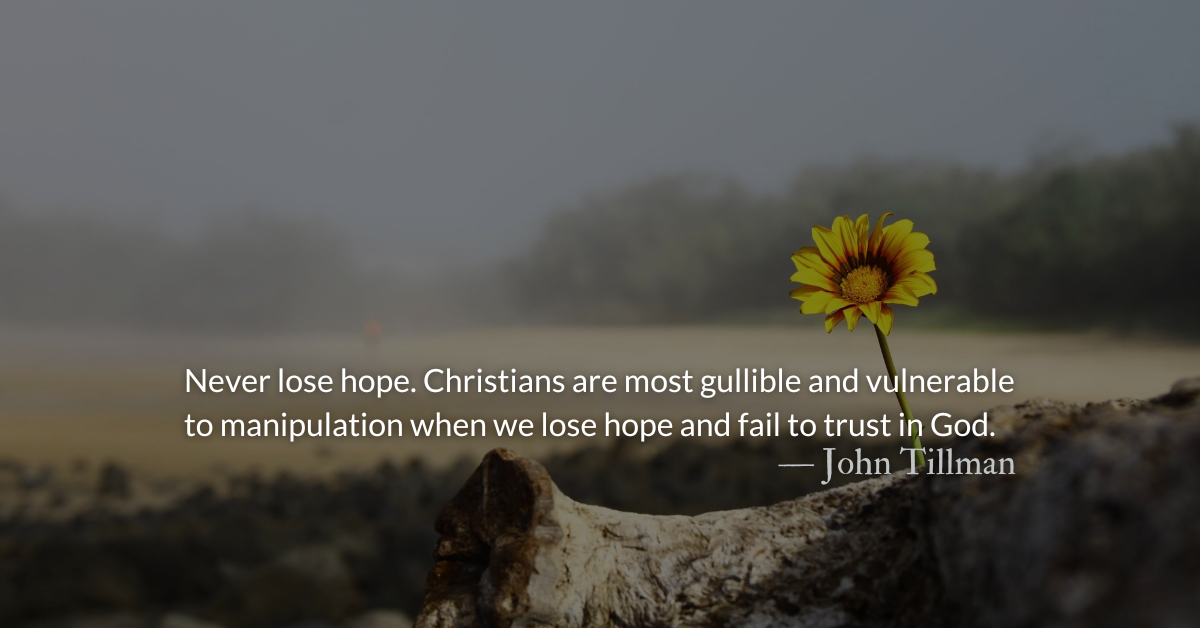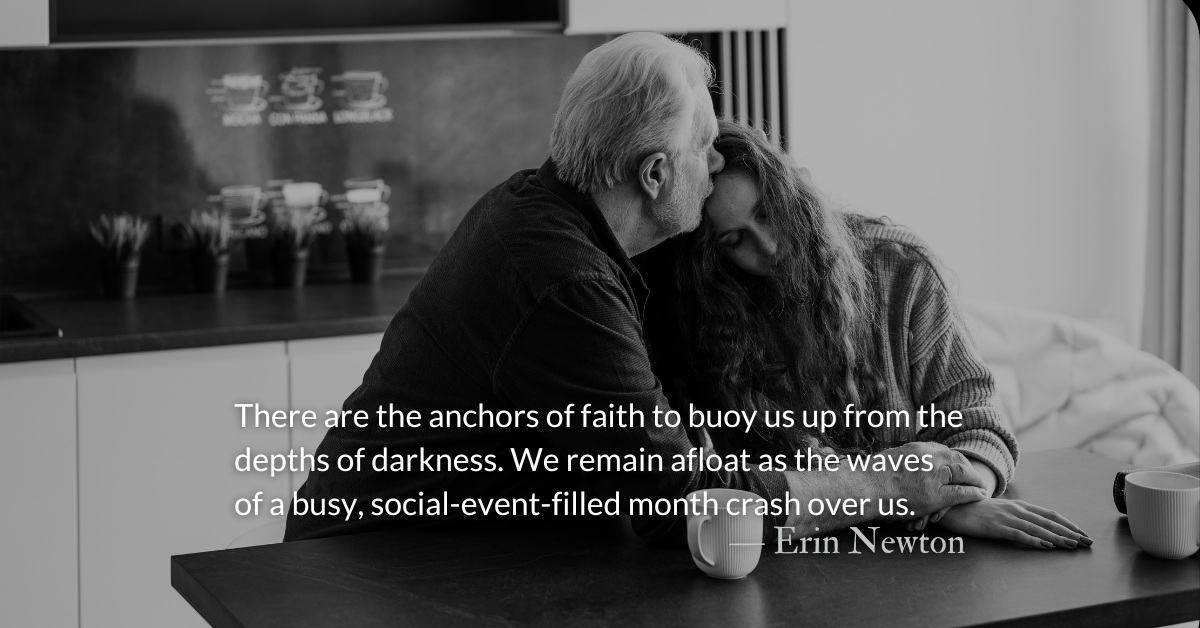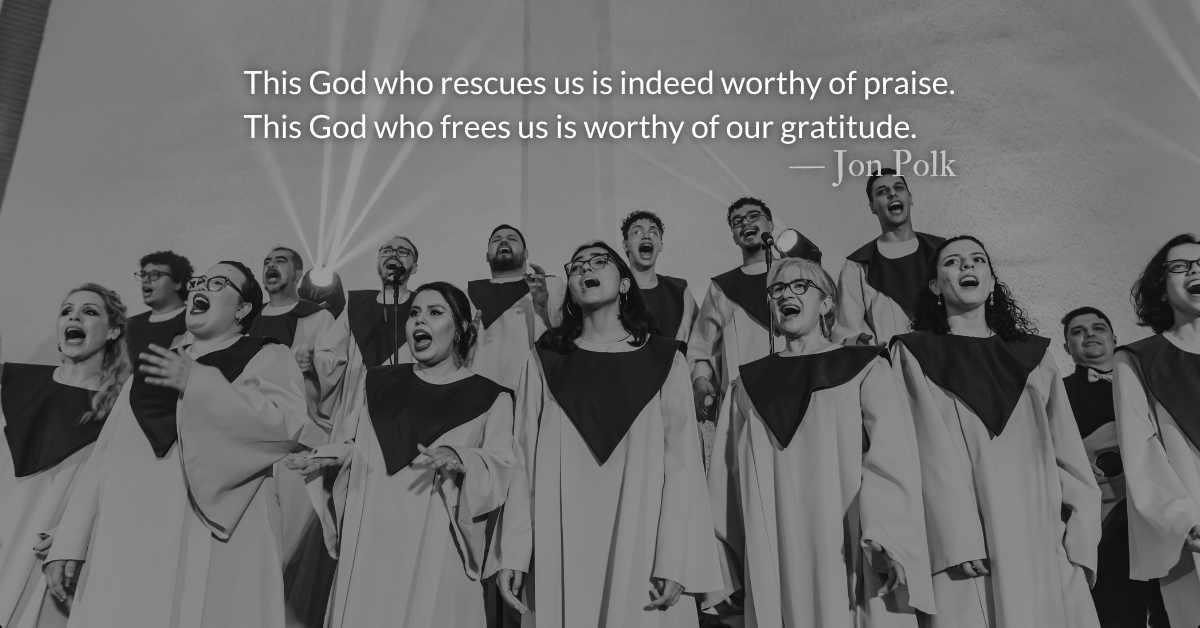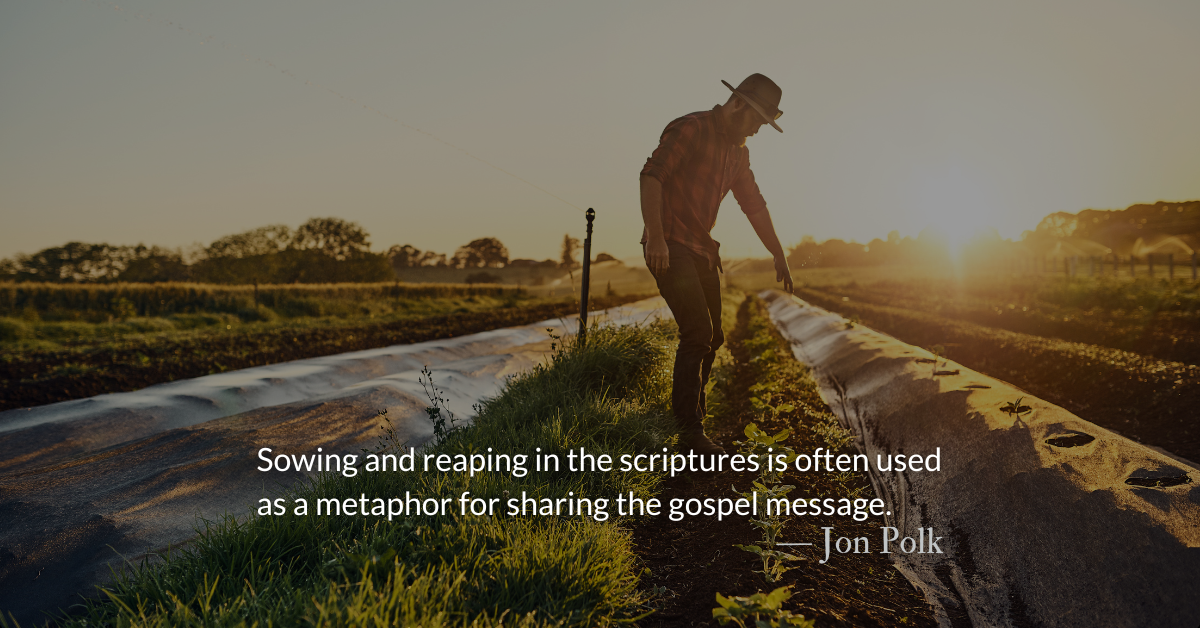Scripture Focus: Psalm 102.16-21
16 For the Lord will rebuild Zion
and appear in his glory.
17 He will respond to the prayer of the destitute;
he will not despise their plea.
18 Let this be written for a future generation,
that a people not yet created may praise the Lord:
19 “The Lord looked down from his sanctuary on high,
from heaven he viewed the earth,
20 to hear the groans of the prisoners
and release those condemned to death.”
21 So the name of the Lord will be declared in Zion
and his praise in Jerusalem
Reflection: Baring Your Soul
By John Tillman
Who do you bare your soul to when complaints bubble up from your heart? A stranger? A work colleague?
It can be a horrible day, yet when strangers ask, “How are you?” we’ll mumble, “Fine. How are you?” and move along.
What is really lacking in these interactions is trust. How can we share deep hurt with those we do not trust deeply? In his commentary on Psalm 102, Federico Villanueva says, “We normally do not express our negative emotions to people we don’t know well, because it is like baring our soul.”
The first problem is one of understanding. A complex work-related problem will get blank stares from those uninformed about our industry. Our financial fears will seem either fanciful or frivolous to those outside our socio-economic level. Someone who doesn’t experience the same prejudices we face can’t truly know how it feels to be discriminated against.
Another hesitation comes when we fear judgment. If we complain, won’t they find us selfish? If we are angry, won’t they be afraid of us? If we are fearful, won’t they be ashamed of us?
Those with whom we have a loving, trusting relationship, however, can be trusted. We trust them to give us the comfort we need and to correct our shortcomings without despising us for our weaknesses.
Lament must be reserved for those who love us. This is why God is the perfect person to whom we can take all our laments.
Villanueva points out that Psalm 102 has sections of lament layered between hymns declaring trust in God. As you take your harshest, most raw emotions to God, sandwich them with statements of trust. Jesus modeled this in his darkest moments in Gethsemane. “Take this cup away” is balanced with a trust in God’s will. “Not my will, but yours.”
This is not to “stay positive” or spare God’s feelings. It is a reminder to us that the very reason we can pour out our deepest hurts to him is that God is worthy of our deepest trust. It is because he is holy that he is good.
The psalmist wrote this for us. We are those people, “not yet created,” who are mentioned by the psalmist. Jesus also mentioned us in prayer and has a special attentiveness to those hurting, struggling, and doubting.
Open up to Jesus today. Bare your soul to the most trustworthy listener.
Divine Hours Prayer: The Morning Psalm
The righteous cry, and the Lord hears them and delivers them from all their troubles.
The Lord is near to the broken hearted and will save those whose spirits are crushed. — Psalm 34.17-18
– From The Divine Hours: Prayers for Summertime by Phyllis Tickle.
Today’s Readings
1 Chronicles 24-25 (Listen 7:01)
Psalms 102 (Listen 2:45)
Read more about Lamenting With Job
Lament can swallow up complaining in our lives. Lament is frequent and important in the Bible and should be in our lives as well.
Read more about Supporting Our Work
Our work needs your support. Please consider donating to support ad-free content that brings biblical devotionals to inboxes across the world.











